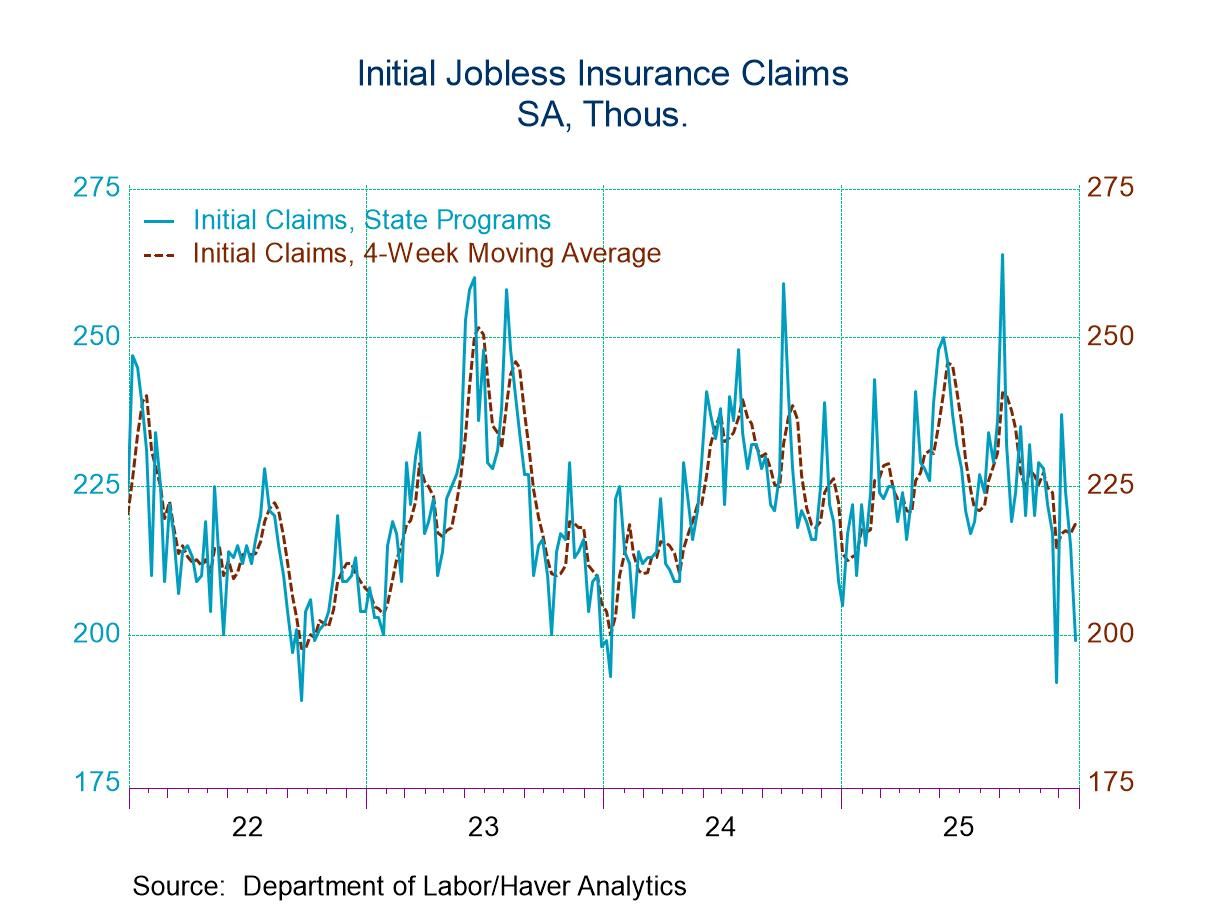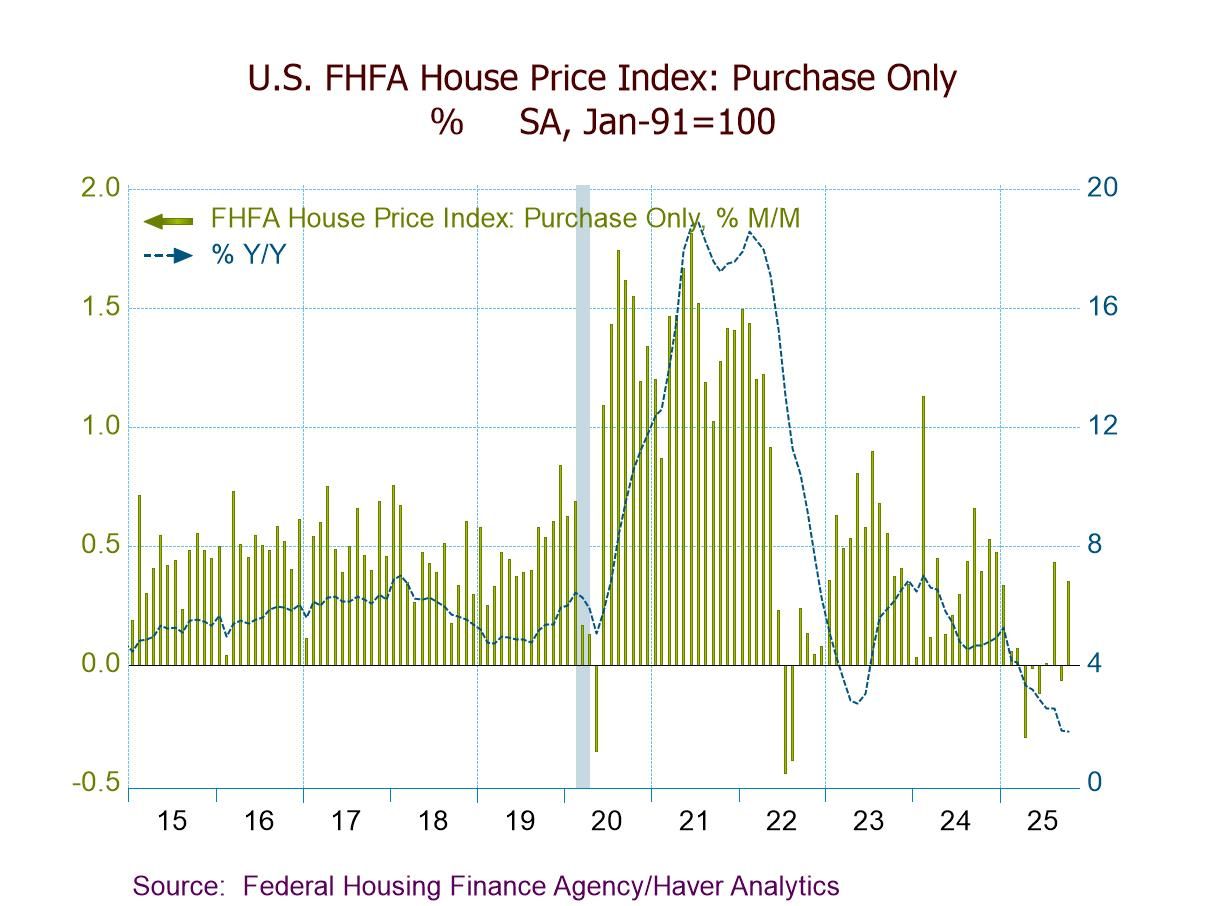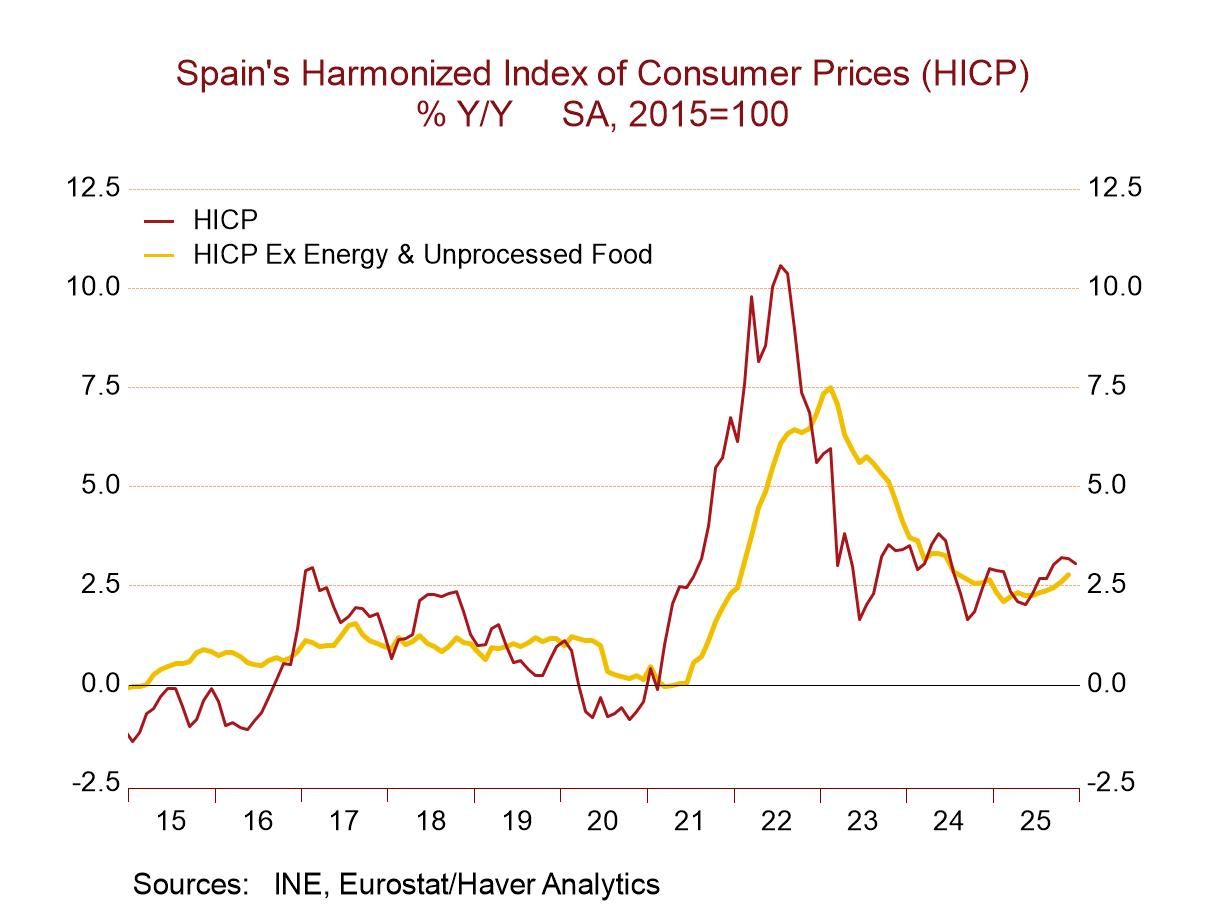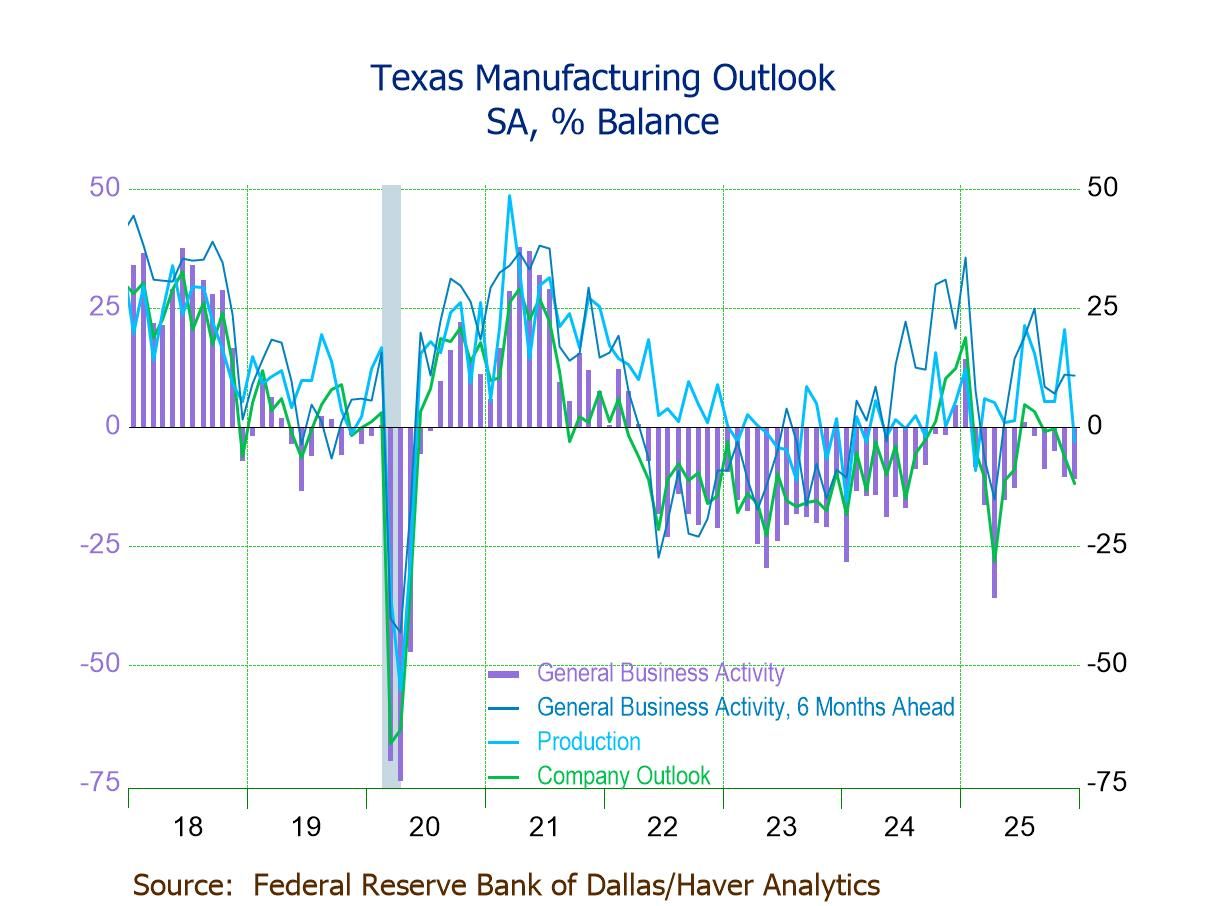U.S. Chicago Business Barometer Edges Higher in March
by:Tom Moeller
|in:Economy in Brief
Summary
- Index remains well below May 2021 high.
- Employment & inventories improve but new orders & supplier deliveries weaken.
- Prices paid index remains low and little changed.


The ISM-Chicago Purchasing Managers Business Barometer inched up to 43.8 during March from 43.6 in February, but remained below 50 (the break-even point for overall activity) for the seventh consecutive month. It was down from the peak of 71.3 in May 2021. A reading of 43.5 had been expected in the Action Economics Forecast Survey.
Haver Analytics constructs an ISM-Adjusted Chicago Business Barometer with methodology similar to the ISM Composite Index. This measure rose to 46.8 in March from 44.5 in February. Remaining below 50 for the seventh consecutive month, it still indicates a decline in business activity overall. The latest reading stands below a 64.4 high in October 2021.
The employment index strengthened to 42.7 from 37.3 in February. It was a four- month high but still indicated falling employment for the seventh consecutive month. An improved 11% (NSA) of firms reported higher payrolls and a lessened 21% reported a decline. The inventories index surged to 58.5 from 44.9 It was the highest level in four months. The production series improved to 41.0 from 38.4. It remained well below the January high of 48.6 as 19% of respondents reported higher output and 33% reported it lower. The order backlog index rose to 45.6 from 40.0. It was up from a January low of 35.5.
Holding back the gain in activity overall was a decline in the supplier delivery reading to 49.2 from 58.5, indicating the quickest product delivery speeds in roughly seven years. Eighteen percent (NSA) of firms reported slower delivery speeds after 16% did so in February, while 14% reported faster speeds versus just three percent in February. Finally, the new orders reading weakened to 42.6 this month from 43.6 in February. A fairly steady 22% of respondents reported higher orders levels while a lessened 33% reported them slower.
Inflation pressures were little changed in March as the prices paid index rose to 65.6 from 65.3 in February. The index remained, however, below the high of 94.6 in November 2021. Forty-six percent (NSA) of respondents reported an increase in prices while eleven percent reported lower prices versus one percent during all of 2021.
The Chicago Business Barometer is considered to be a leading indicator of the U.S. economy. An indicator reading above 50 indicates expansion while below 50 suggests contraction. Summary data are contained in Haver's USECON database with detail including the ISM-style index in the SURVEYS database. The expectations figure from the Action Economics Forecast Survey is in the AS1REPNA database.


Tom Moeller
AuthorMore in Author Profile »Prior to joining Haver Analytics in 2000, Mr. Moeller worked as the Economist at Chancellor Capital Management from 1985 to 1999. There, he developed comprehensive economic forecasts and interpreted economic data for equity and fixed income portfolio managers. Also at Chancellor, Mr. Moeller worked as an equity analyst and was responsible for researching and rating companies in the economically sensitive automobile and housing industries for investment in Chancellor’s equity portfolio. Prior to joining Chancellor, Mr. Moeller was an Economist at Citibank from 1979 to 1984. He also analyzed pricing behavior in the metals industry for the Council on Wage and Price Stability in Washington, D.C. In 1999, Mr. Moeller received the award for most accurate forecast from the Forecasters' Club of New York. From 1990 to 1992 he was President of the New York Association for Business Economists. Mr. Moeller earned an M.B.A. in Finance from Fordham University, where he graduated in 1987. He holds a Bachelor of Arts in Economics from George Washington University.






